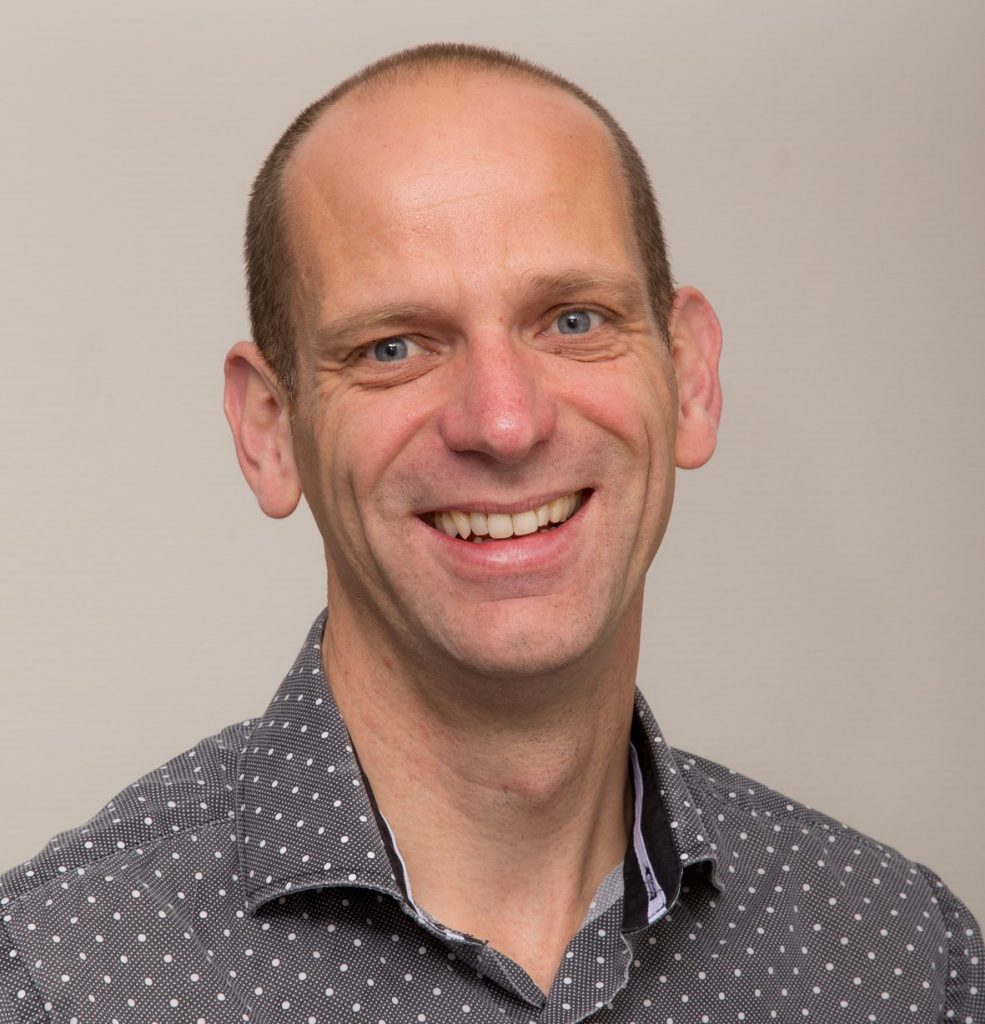It was in the summer of 2017 that he suddenly felt a lump in his left breast while swimming. Ronald also noticed that his left nipple was inverted, something that was not the case on the right side. He hesitated for a few weeks, but decided to sound the alarm anyway.
Taking breast cancer into account? No, Ronald didn’t really do that for a moment. Not even when the GP referred him to the Albert Schweitzer hospital in Dordrecht, where he ended up in the Breast Clinic.
He had a mammogram, but because there was still some doubt, an ultrasound was also taken, plus a biopsy just to be sure. Upon diagnosis, the treatment plan was a mastectomy.
For the first five years, Ronald remained under the hospital’s supervision. He started having problems with his left armpit in the summer of 2021. He felt a lump again and decided to consult the doctor. After a PET-CT scan, the message was clear: the cancer had returned. The breast cancer had spread to bones, other lymph nodes, and he had some spots in his lungs. This was a huge blow for Ronald, because he knew from minute one that a complete cure would not be possible. He struggled, but realized he could live with this for years to come.
Ronald was also so keen to become an advocate for palliative care, which he says he has received so much support from. “If you identify what you’re struggling with, you’ll get the support you need, both physically and mentally,” he said.
After a year and a half of hormone therapy, he is now receiving both hormone and immunotherapy to combat the disease. He has not had chemotherapy so far, but it will come into the picture when the current treatment is no longer sufficient. The hormone therapy was difficult, but you can use it for a long time. With immunotherapy, the side effects are more severe, and the fatigue is much worse. He also gets problems with his stomach and joints.
His regret is all medications, as well as accompanying leaflets, are aimed at women. While he doesn’t think this is a big deal, he would prefer such brochures were also available for men, if only in recognition of their side effects.
Ronald is grateful for the good care he has received from the hospital, from his wife and son and from his brother, who accompanies him every hospital visit. And also, from his employer. Ronald still works five half-days a week.
For Ronald, by nature someone who likes to have control over situations, the fact that he doesn’t have that grip is sometimes quite difficult. At the same time, he is also taking steps in that area. The cancer just takes its course. Ronald learned in a support group that dealing with his illness is the only control he has.

